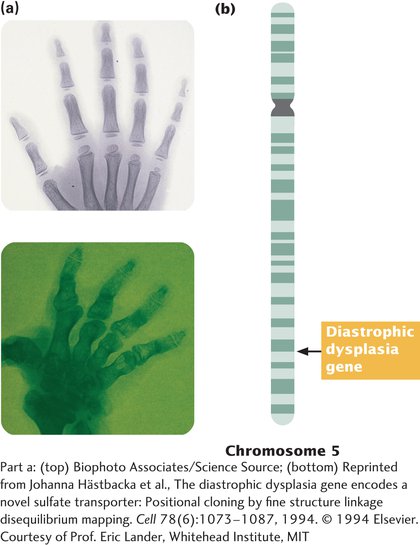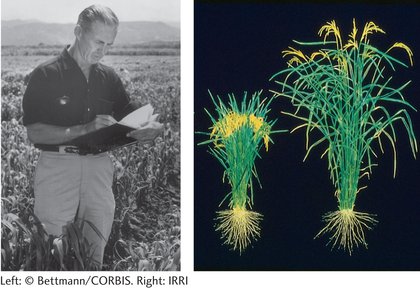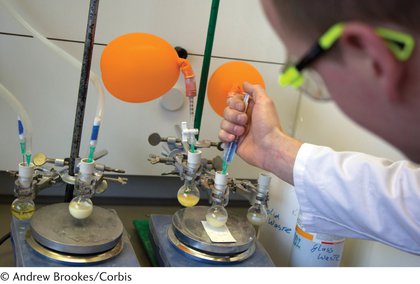1.1 Genetics Is Important to Us Individually, to Society, and to the Study of Biology
Albinism among the Hopis illustrates the important role that genes play in our lives. This one genetic defect, among the 20,000 genes that humans possess, completely changes the life of a Hopi who possesses it. It alters his or her occupation, role in Hopi society, and relations with other members of the tribe. We all possess genes that influence our lives in significant ways. Genes affect our height, weight, hair color, and skin pigmentation. They influence our susceptibility to many diseases and disorders (Figure 1.2) and even contribute to our intelligence and personality. Genes are fundamental to who and what we are.

3
Although the science of genetics is relatively new compared with sciences such as astronomy and chemistry, people have understood the hereditary nature of traits and have practiced genetics for thousands of years. The rise of agriculture began when people started to apply genetic principles to the domestication of plants and animals. Today, the major crops and animals used in agriculture are quite different from their wild progenitors, having undergone extensive genetic alterations that increase their yields and provide many desirable traits, such as disease and pest resistance, special nutritional qualities, and characteristics that facilitate harvest. The Green Revolution, which expanded food production throughout the world in the 1950s and 1960s, relied heavily on the application of genetics (Figure 1.3). Today, genetically engineered corn, soybeans, and other crops constitute a significant proportion of the food produced worldwide.

The pharmaceutical industry is another area in which genetics plays an important role. Numerous drugs and food additives are synthesized by fungi and bacteria that have been genetically manipulated to make them efficient producers of these substances. The biotechnology industry employs molecular genetic techniques to develop and mass-

4
Genetics also plays a critical role in medicine. Physicians recognize that many diseases and disorders have a hereditary component, including not only rare genetic disorders such as sickle-